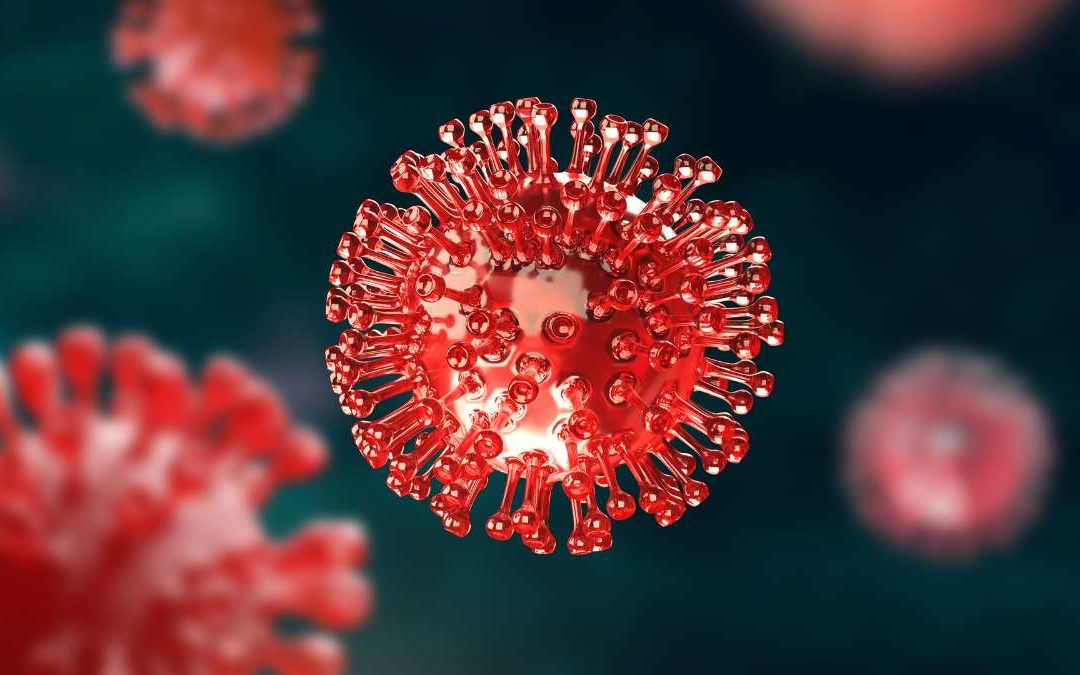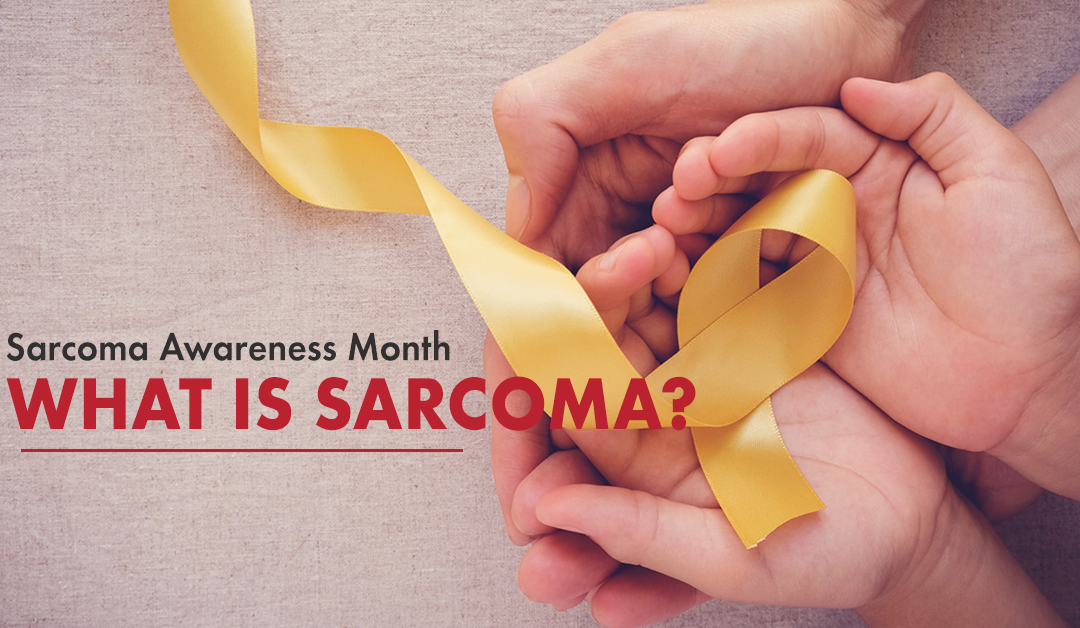Coronavirus disease (COVID-19) is an infectious disease caused by the SARS-CoV-2 virus.
Most people infected with the virus will experience mild to moderate respiratory illness and recover without requiring special treatment. However, some will become seriously ill and require medical attention. Older people and those with underlying medical conditions like cardiovascular disease, diabetes, chronic respiratory disease, or cancer are more likely to develop serious illness. Anyone can get sick with COVID-19 and become seriously ill or die at any age.

The most common symptoms are:
- Cough
- Fever or chills
- Shortness of breath or difficulty breathing
- Muscle or body aches
- Sore throat
- New loss of taste or smell
- Diarrhea
- Headache
- Fatigue
- Nausea or vomiting
- Congestion or runny nose
Some of these symptoms are very common and can occur due to many conditions other than COVID-19, the disease caused by the coronavirus called SARS CoV-2. If you have any of the symptoms, contact a doctor or other health care provider, who can assess your risk and help you determine the next steps.
Emergency Warning Signs of Severe COVID-19
- Difficulty breathing
- Persistent pain or pressure in the chest
- New confusion
- Inability to wake up or stay awake
- Bluish lips or face
There are other possible symptoms of COVID-19. Call your doctor or health care center regarding any symptoms that are severe or concerning to you.



